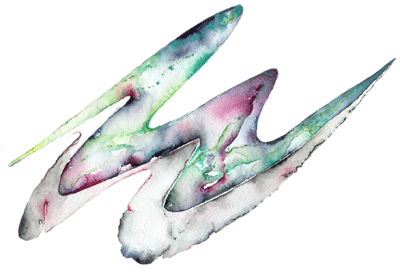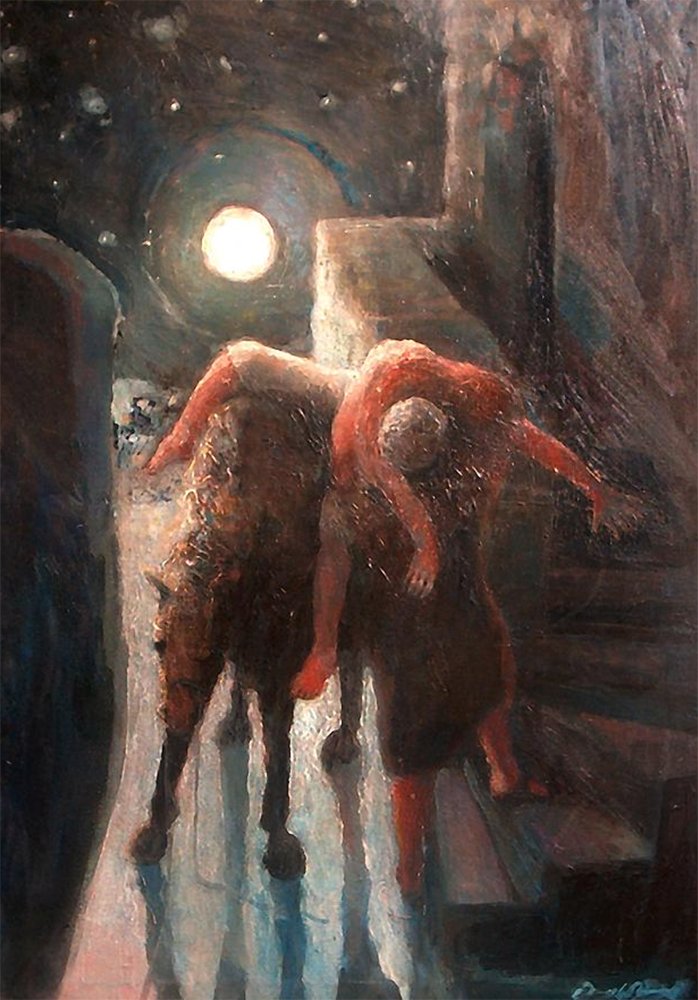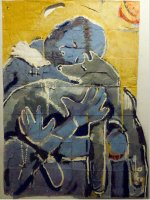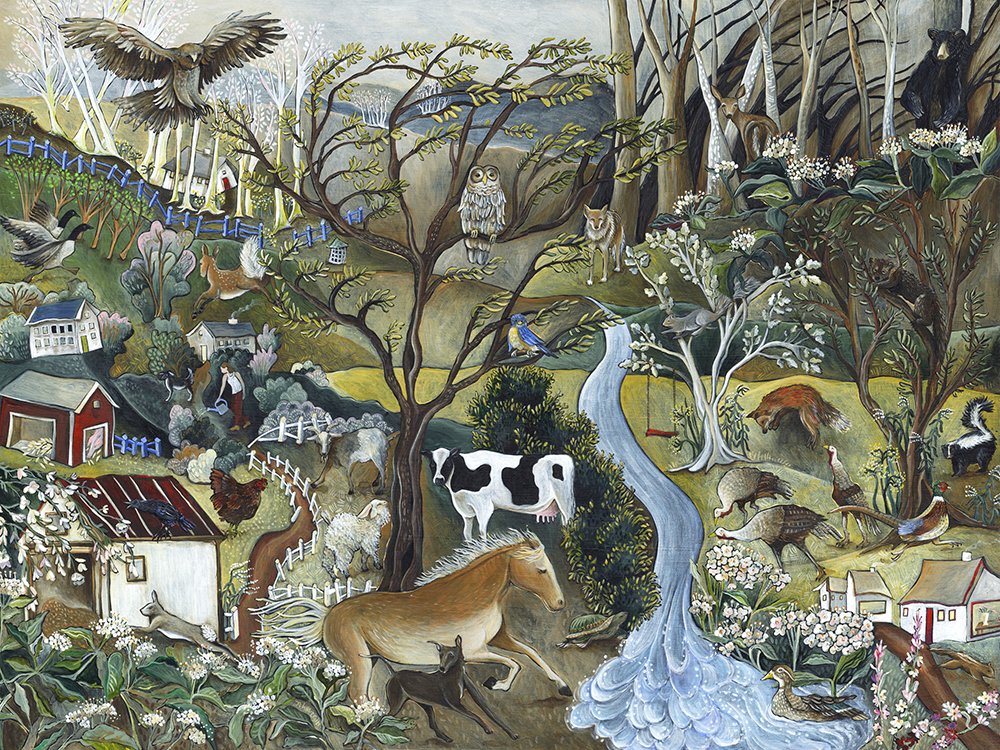Week 25 - Isaiah 57:14-21
This section of 3rd Isaiah is set against a backdrop of the disappointed hopes and struggles of the returnees, like we looked at last week. It’s like the season finale of 2nd Isaiah was the resurrection of hope after despairing resignation, but the next season, 3rd Isaiah, starts with “20 years later…” in a very different space. We see the remnant who’d returned to a Jerusalem populated by those left behind, with all the struggles of the identity of Judaism that brought up. Then drought and famine hit. Paul Hanson says that the theme verse for 2nd Isaiah is, “Behold, I am doing a new thing,” while the theme verse of 3rd Isaiah could be, “I am with you, even unto Sheol.” It’s a tough situation.
The prophet/poets wanted to re-inspire a waning vision in the people. The priests wanted to rigorously return to fundamental Torah obedience. All these strands contributed to a growing acrimony within the community, which is reflected in the first part of chapter 57.
But our verses, 14-21, are a reminiscence of 2nd Isaiah’s vision, a reminder of what brought the people here in the first place: God’s passionate desire to heal the people and make them whole. It’s like the writer is trying to remember this vision in this new context. God is portrayed as both wildly transcendent and achingly present to the suffering of the people. There is an anguish that the people don’t recognize their true birthright in God’s will, that they have broken Torah and profited from violence. But there is also the sad realization that without the Spirit of God, the people would perish. “The breath of life I create would soon grow weak.” The text seems to be expressing the tension within God’s self, in a way that seems to suggest that God understands our own existential sufferings.
To prepare for our study, I invite you to engage in a Lectio reading of Isaiah 57:18-19. Read it in a few versions, then re-read again in the version that calls out to you. Try reading it out loud and then reflect on how the text speaks to you. If you like you can read it three times through:
First time: listen for a word that strikes you.
Second time: listen for a phrase that strikes you.
Third time: listen for what God is asking you or a response you make to God.
- Linda
Reading: Brueggemann pages 180-186
Questions for Reflection
Where do you see God wanting to heal you into wholeness (shalom)? How does your Lectio reading of Isaiah 57:18-19 speak into this situation for you?
image by Daniel Bonnell




